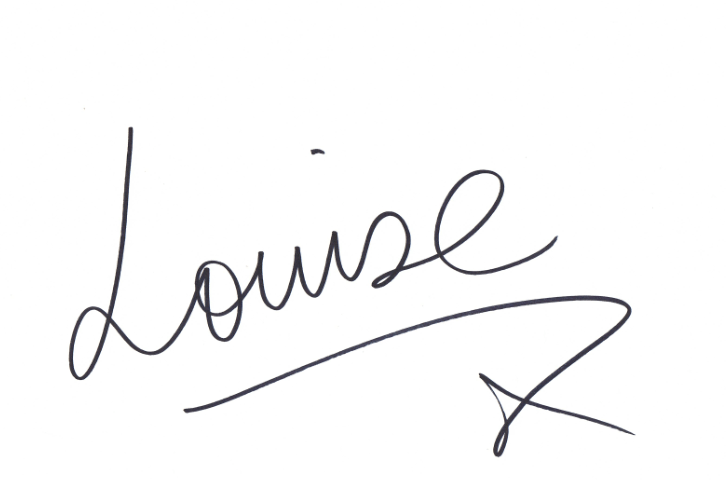If there is one thought pattern guaranteed to make us feel unhappy, it is victimhood. When we feel persecuted or deliberately wronged, the obvious conclusion to draw is that this other person is against us for whatever reason.
It’s painful and it’s uncomfortable. And it is very easy to stay trapped in our story of victim. Feeling that the other person should behave better. Do or say or demonstrate a different thing. Be more generous, or honest, or honourable, or patient, or compassionate, or responsible, or whatever it is we lack. All our focus is on what the other person should stop doing to us, in order that we can feel okay. We want an end to our pain and for that to happen the other person needs to stop being against us. When we feel someone is against us it feels very real, and very hurtful. That feeling of being attacked is, sadly, something that very few get through life without experiencing at some point on some level.
I read an interesting concept recently in one of Jack Canfield’s books (the Chicken Soup For The Soul guy), that we should take 100 per cent responsibility for everything that happens to us. Not 56 per cent responsibility. Not 93 per cent responsibility, but 100 per cent. For everything.
“That’s a bit harsh, Jack,” I thought, “there are always circumstances beyond our control.” Taking 100 per cent responsibility for some things feels like placing the blame on myself for something bad that I 100 per cent didn’t do and 100 per cent didn’t want. How is THAT helpful?!” I pondered some more . . . and I think get it.
When we take 100 per cent responsibility for EVERYTHING that happens in our lives, we drop any victim mindset by default. The tables turn completely – it’s no longer about blame or shame, it’s about learning. So, that business partner who ripped you off in an unsavoury manner? You can’t take responsibility for their unethical actions, but you can take 100 per cent responsibility for not having tied the contracts up more tightly at the outset. It’s a valuable lesson that’s empowering and puts you in a stronger position never to repeat the experience. You can’t take responsibility for your rapacious ex-husband mercilessly exploiting the law to feather his own nest at your expense. But you can take 100 per cent responsibility for your expectation that he would behave better or more honourably. You can own that the pain you feel is the gap between your elevated expectations of his character and reality. You can learn from that to expect much less of the man, therefore the pain is lowered as he is merely doing exactly what you would expect.
You can’t take responsibility for your boss’s continual expectation that meetings can be set at 5pm on late notice. But you can take 100 per cent responsibility for speaking up and pushing back with consistent boundaries around your time and availability. You can’t take responsibility for an organisation’s decision to give you a pay freeze for the second year running. But you can take 100 per cent responsibility as to whether you continue to work for them.
Don’t get me wrong. This is a really hard question to ask yourself! How can I take responsibility for this thing that is present in my life that I absolutely do not want/absent from my life that I really feel I deserve to have? It’s not a happiness step for the faint-hearted, but it does carry with it a measure of gold.
When we shift our mindset from victim to 100 per cent responsibility, a miraculous thing happens. The original problem does not disappear (sorry!), but our ability to deal with it and move past it increases exponentially. I would not say this is happiness per se, but it is definitely empowerment, and that is a far happier state than victimhood. When we take 100 per cent responsibility we also absorb the lessons that are inherent in the experience for us, and when we learn lessons we ease our path ahead. We also tap into the liberating truism that releases us from the grip of feeling someone is against us. As the saying goes, people are never really against us – they are actually just for themselves.
The business partner thinks she is just doing what needs to be done to save the business. The ex-husband really believes he is morally entitled. The boss believes that testing his staff’s commitment and making spontaneous plans is a good strategy when the pressure is on to get the most out of people. The corporation believes its salary budget is already at max given the reinvestment in infrastructure it wants to roll out. They are not against you – they are just for themselves.
A tough but powerful step on the road of happiness? Taking more responsibility, not less. Looking at where 100 per cent responsibility is on offer. By taking the lessons and absorbing some discomfort now, we pave the way for a happier and more comfortable ride ahead.




